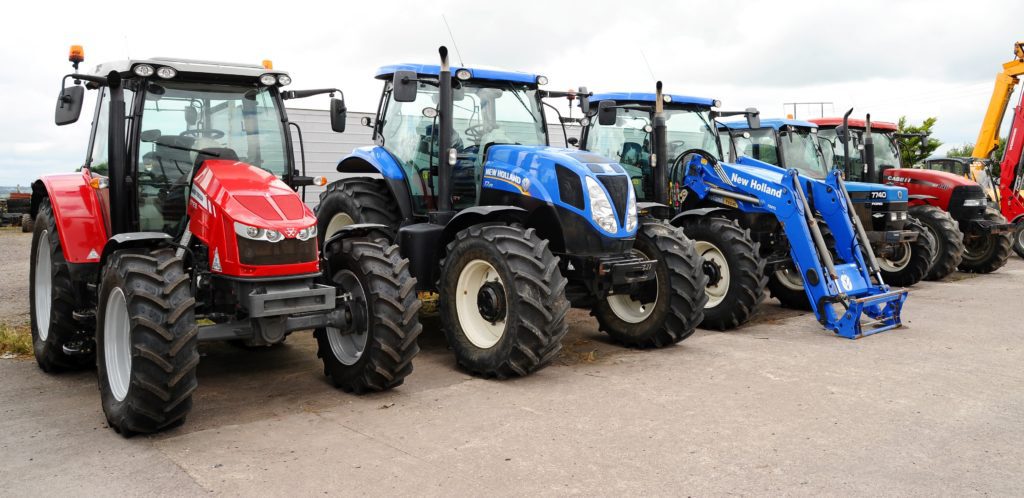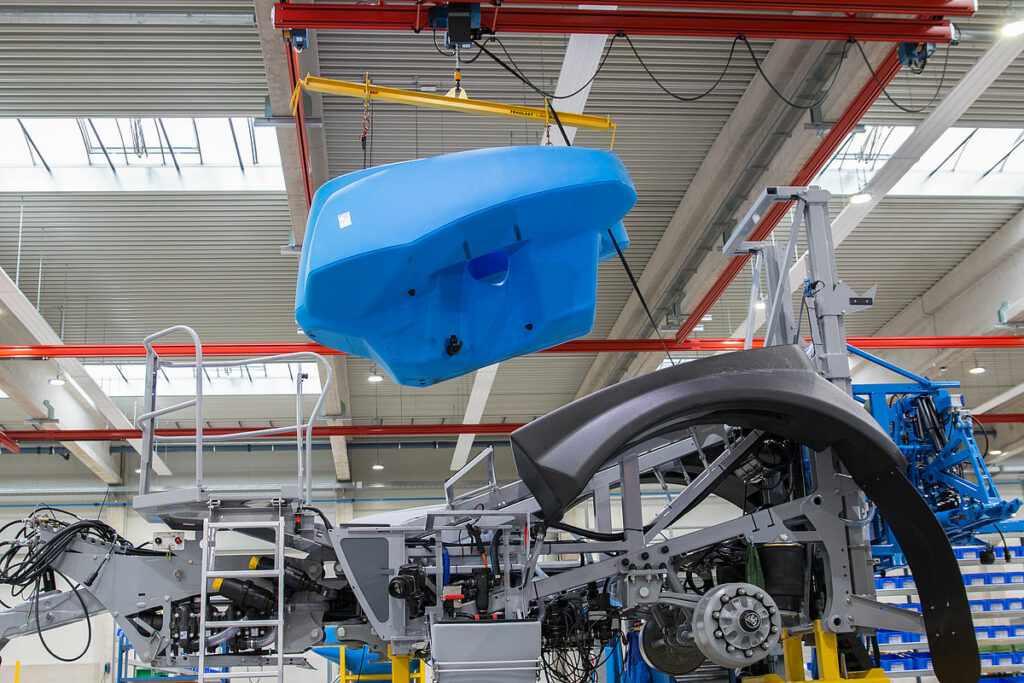Contracts between farm machinery manufacturers (suppliers) and their dealers are “unbalanced and drafted too unilaterally”.
That’s the message from CLIMMAR – a body that represents farm machinery dealer organisations across much of Europe.
CLIMMAR is calling on manufacturers to reach a situation whereby “suppliers and dealers are more equal”.
A spokesperson explained: “It is simply too uneven. We are seeking an equal business relationship – with mutual respect.
Trust and loyalty are the fundamental ingredients for a stable and profitable relationship. If this does not exist between a supplier and a dealership, the future relationship will not survive changes or difficulties.
The organisation is inviting and encouraging manufacturers (suppliers) to open up dialogue, with the aim of “balancing dealer contracts”.
In a related development, French trade association SEDIMA (a member of the wider CLIMMAR network) hosted a dealer meeting at the recent SIMA show in Paris. The aim was to highlight “issues faced by all countries in recruiting and retaining technicians”.
Dealer associations from five countries – France, the UK, Germany, Switzerland and the Netherlands – presented facts and figures, with regard to recruitment and training issues.
A CLIMMAR spokesperson explained: “One thing is very clear. The problems are the same everywhere. The possible solutions vary in the way training is being addressed, but most countries have similar training programmes that involve both public and manufacturer training.
“These generally amount to apprenticeship programmes from training providers that may be private companies, colleges or even academies owned by the industry itself [or in close partnership with industry].
Training is not really the problem. It is the lack of reasonable numbers of new entrants coming into the industry.
“That means, in many cases, that there are not sufficient numbers to justify expensive training programmes or investment from training providers.
“This means lecturers may not be up to date with technology. Training venues may not have up-to-date equipment to work with.
“Providers may not be able to justify an investment that brings little or no return and governments may not see the industry being in need of stronger support, despite the fact that farmers feed the world and machinery dealers help them do it.”




